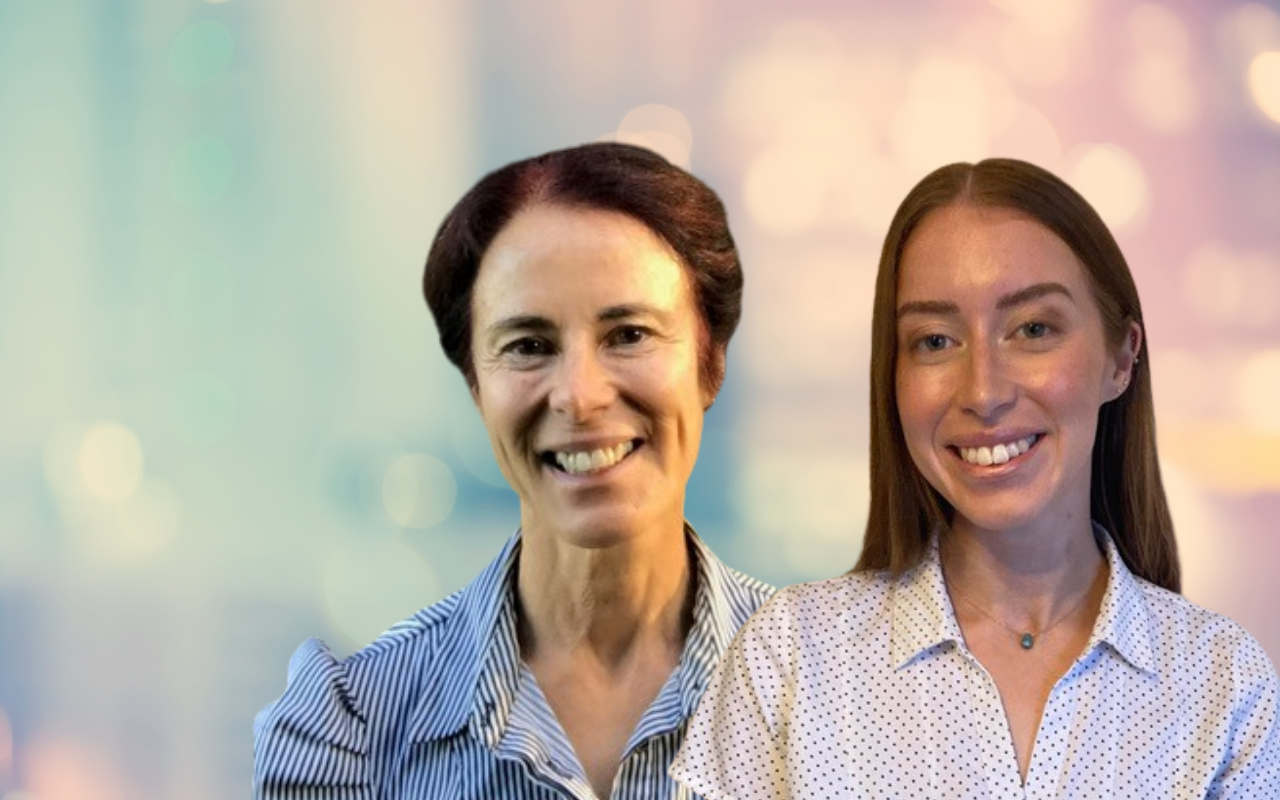A new working group aims to educate and empower the medical profession by amplifying the voices of doctors who are neurodivergent.
On 19 August 2023 at the Australasian Society of Developmental Paediatrics (ASDP; previously known as the Neurodevelopmental and Behavioural Paediatric Society of Australasia), a paradigm shifted.
Three neurodivergent health care professionals and one health care student shared their lived experience to a packed audience. They discussed their backgrounds, the impact of their attention deficit/hyperactivity disorder (ADHD) and autism diagnosis and the impact it has had on navigating the academic and professional workforce.
Radical in its vulnerability and honesty, the panel succeeded in challenging preconceived ideas by shining a light on the unique experience of neurodiverse practitioners. Shortly after, the Australasian ASDP Neurodiversity Special Interest Group (SIG) was formed with the aim to establish a safe and inclusive space where neurodivergent members can share experiences, knowledge, challenges and receive peer support to enhance their personal and professional development.
And henceforth, under the guidance and vision of Dr Zayna Adamu and Dr Justine Noble, the ASDP Neurodiversity SIG was formed.

It seems apt that this specialty is the likely the first to formally acknowledge its neurodivergent members, but, equally, it seemed odd that it took until 2023 for this discussion to occur. There are no formal statistics to represent our numbers within the ranks of Australia’s “health care heroes”. A UK study has estimated the number of autistic general practitioners to mirror that of the general population (here). Just for ADHD in medical students, American studies estimates vary widely between 3.5% and 24% (here). The exact number may remain unknown (for now), but the fact is we exist and persist within the medical community.
Now, the only difference is we refuse to do this silently.
What occurred in the audience at ASDP while listening to the panellists ranged from light-bulb moments with respect to their patients and their family members, to tears of recognition, validation and grief. More importantly, the panellists gave a voice to seven further paediatricians who felt safe coming out about their own neurodiversity and difficulties coping in a world and specialty designed for neurotypical practitioners.
And this growing movement is already too late; despite the gifts intrinsic to neurodiversity that ADHD and autistic practitioners bring to the medical field, neurodivergent practitioners continue to suffer from disproportionately higher rates of suicidality, suicide attempts and self-harm (here).
It is an uphill battle for us from the very start. The autistic medical school applicant may do well at the Graduate Medical School Admissions Test (GAMSAT) (sitting a five-hour exam with ADHD and/or autism) or University Clinical Aptitude Test (UCAT). But then they are set up to fail at the medical school interview, requiring fluent, often dishonest, social skills. Should they get a place, the neurodivergent individual will then need to overperform in ability, endurance and resilience to overcome the massive sensory insults and often rigidly enforced teaching program of the medical education machine.
Should they graduate relatively unscathed, the current climate of ruthless competition between new graduates for training positions often requires smooth networking, social communication and executive function skills that will almost certainly negatively affect the neurodivergent practitioner. With a “say what I mean and mean what I say” delivery and usually an inability to speak the neurotypical innuendo-based language required to navigate the social networking scene, it becomes almost impossible for a neurodivergent practitioner to ascend a career ladder in the same time frame as a neurotypical practitioner, if at all.
From GAMSAT to fellowship exams, practitioners and medical educators need to support an affirming pathway into medicine for our future neurodivergent applicants and foster a welcoming environment in which they can study and practise. We do not believe this requires complicated or expensive change, but it does require open minds and a willingness to listen.
To create a system welcoming to our neurodivergent community the movement must be led by the neurodivergent community. The ASDP Neurodiversity SIG hopes to continue to educate and empower this process by amplifying the neurodivergent voices already present in our profession. We look forward to the day where our panel’s experiences will not be a radical act of fishbowl learning for neurotypical people, but a set of already anticipated needs for which we would already be supported. But until then, we will continue to advocate and echo the well worn saying “Nothing about us without us”.
Dr Linda Mayer is a GP working in a justice and correctional centre. She was diagnosed as an adult with ADHD and autism.
Dr Dylan Mayer is a recent graduate from UNSW Medicine, now finishing her internship at Prince of Wales Hospital.
The statements or opinions expressed in this article reflect the views of the authors and do not necessarily represent the official policy of the AMA, the MJA or InSight+ unless so stated.
Subscribe to the free InSight+ weekly newsletter here. It is available to all readers, not just registered medical practitioners.
If you would like to submit an article for consideration, send a Word version to mjainsight-editor@ampco.com.au.

 more_vert
more_vert
Great article and I am very happy to see the experience of neurodivergent doctors receiving some attention.
While the entry process to medical degrees has changed a lot since then, I have come to believe that the interview system used with my cohort in the late 90s was actively discriminatory against neurodivergence. While none of us were diagnosed at that time, those who made it through despite interviewing badly (thanks to the weight of very high academic scores) were acutely aware that we were the nerds with poor communication skills who used to become doctors before interviews filtered more of us out. But we were also mostly 17 years old at the time, and still developing those skills.
Throughout my junior doctor years I consistently received very positive feedback about my communication with patients including listening, expressing empathy, and good choice of language in explaining medical concepts in lay terms. All of these skills were developed the hard way. Specific communication skills teaching during our degree definitely helped. Now I am a GP who is known for being patient and empathetic and almost certainly at higher than average risk of burnout – I’m sure there are many others like me and this is an area that could really use some further understanding and support.
I am neurodivergent. I regard it, as does Greta Thunberg, as a superpower.
When I was younger, my relationships with ‘normal’ people were frequently strange and often painful. It made me work out what was happening by reason, not by intuition. I found a place for myself. I now know what my ‘normal’ colleagues only guess at.
Neurodivergence is an empowerment, not a grievance.
The neurodivergent should feel grateful, not entitled.
Such a great article.
How nice would it be if we put our patients first and ourselves first, and put the stress, anxiety and pressure of social networking to get ahead last. The exhaustion of working in medicine and pretending to be neurotypical would be massive. I think a lottery to get into a specialty would actually be much fairer, and remove social, geographical, cultural and sexual bias.
Doctors are treated as robots in the hospital system with no sleep or time to rest, but must pass a social interview!
There is a certain absurdity to this. This is a crazy system we have. Please keep these important articles coming.
I believe ANZCA has a group looking into the needs of neurodivergent trainees. Certainly the FPM were recently happy to set up an appropriate exam environment for a colleague and seemed quite practised in it.